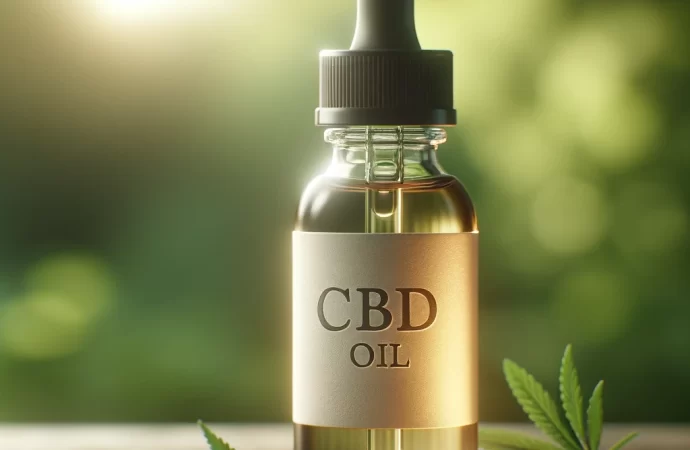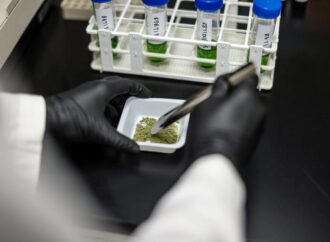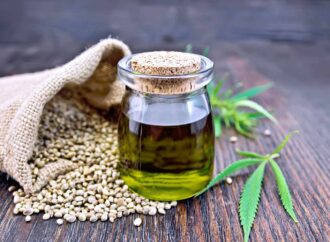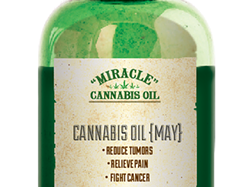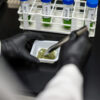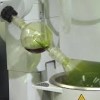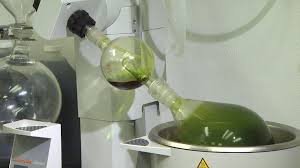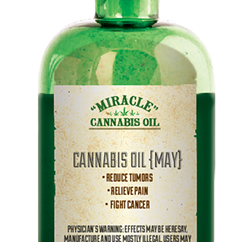In the realm of wellness and medicine, Cannabidiol (CBD), a compound derived from the hemp plant, has emerged as a beacon of potential, according to Harvard Health. Despite being a key ingredient in cannabis, CBD stands out for not inducing a high, offering a semblance of relief without the psychoactive aftermath. This distinction has paved
In the realm of wellness and medicine, Cannabidiol (CBD), a compound derived from the hemp plant, has emerged as a beacon of potential, according to Harvard Health. Despite being a key ingredient in cannabis, CBD stands out for not inducing a high, offering a semblance of relief without the psychoactive aftermath. This distinction has paved the way for its legal embrace, albeit with caution due to the regulatory grey areas and the need for more comprehensive research.
CBD’s appeal lies in its purported therapeutic prowess, spanning anxiety reduction to pain management, without the addiction risks typical of other pain relief avenues. However, the journey to fully understand CBD is ongoing. Harvard Health underscores the necessity for further studies to unveil its full potential and limitations, reminding the curious and the suffering that, in the world of CBD, hope, and hype walk a fine line.
